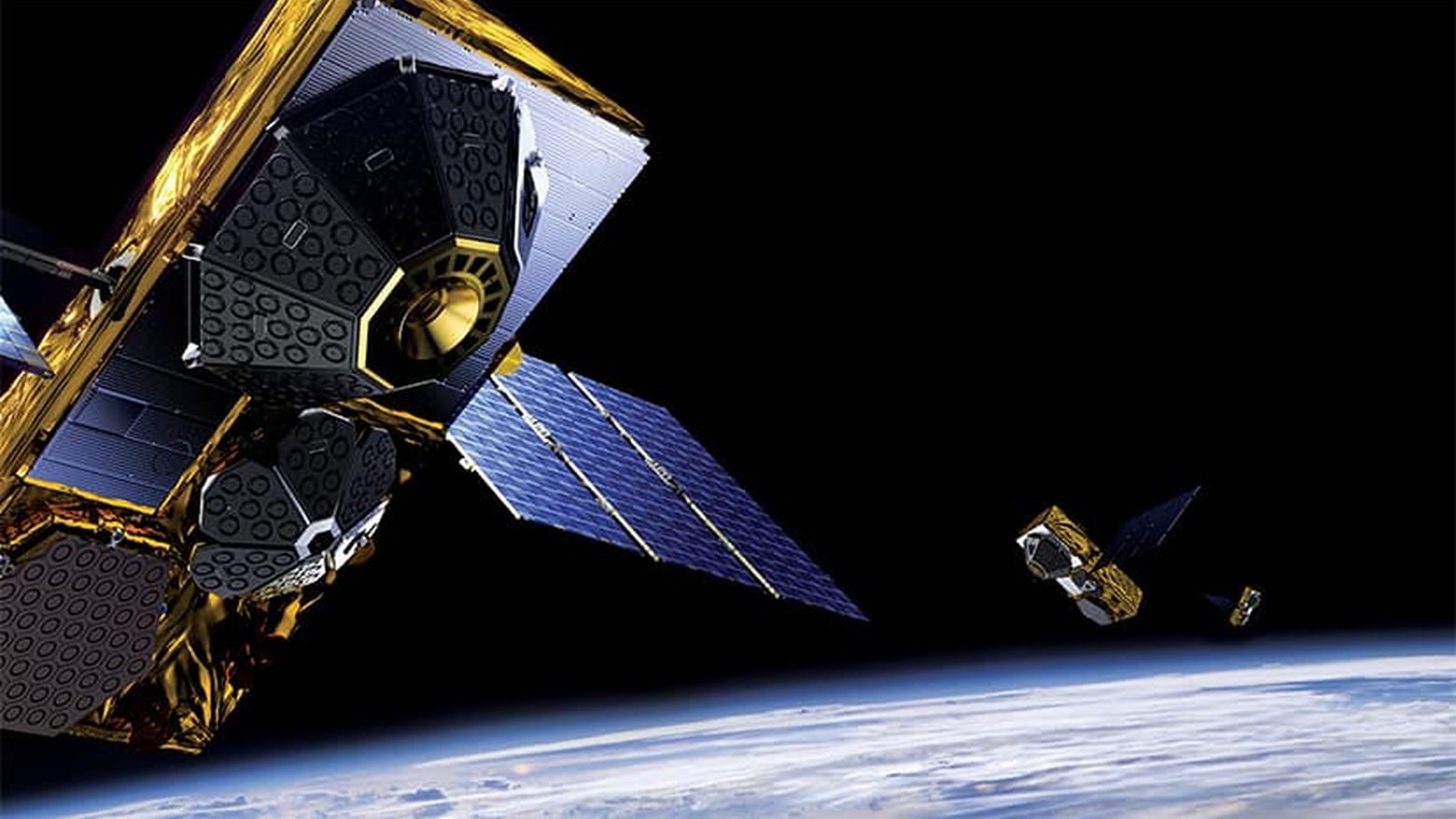Your iPhone and home internet service could come beamed from satellites in orbit in a service provided by Apple — but no. The company reportedly spent millions investigating the idea before dropping it.
Instead, recent iPhones have limited access to satellite connectivity, and even that brought Apple into conflict with Elon Musk and Starlink.
Apple considered the satellite internet business
Emergency SOS via satellite, which debuted with the iPhone 14, saves the lives of people with no other way to communicate, like lost hikers. iOS 18 added Messages via satellite, which lets users of recent iPhone models keep in touch with family and friends when they’re out of range of a cell tower in non-emergency situations.
But a decade ago, Apple considered going much further into satellite connectivity, according to a report published Tuesday.
“Starting in 2015, Apple and Boeing held early discussions about a satellite internet project that would involve delivering full-blown wireless internet service, not just emergency communications services, to iPhones and homes,” said The Information.
Project Eagle would have put thousands of satellites into orbit to transmit internet to iPhones. Beyond that, subscribers could get an antenna to provide access in their homes, according to the report.
Obviously, the project never came to fruition. There were fears about going into competition with wireless carriers like Verizon and AT&T, considering how important these companies are to iPhone sales.
“Tim Cook, Apple’s CEO, was concerned that the project would jeopardize the company’s relationship with the telecom industry,” The Information reported.
And Apple was also supposedly concerned that becoming a telecommunications provider would bring greater government regulation. As a phone maker, Apple can refuse government access to user data, but telecoms cannot legally refuse such requests.
Elon Musk vs. Apple
Although Apple didn’t become a satellite Internet provider, recent iPhone models do offer limited satellite connectivity. Apple pays Globalstar to provide the satellites needed for the iPhone’s Messages via satellite service.
According to The Information, billionaire Elon Musk wanted Apple to use his Starlink service instead. He proposed that the iPhone-maker pay $5 billion for 18 months of access, then $1 billion per year. He allegedly gave Cook 3 days to make up its mind.
Apple turned him down, and Musk made a deal with T-Mobile to offer a rival satellite texting service from iPhones. That’s not the end of it, though. In 2022, Musk and his SpaceX sued Globalstar over access to the wireless spectrum necessary for satellite internet access.
With Musk’s extraordinary access to U.S. President Donald Trump, there are concerns he’ll use his influence to hinder any attempt by Apple to compete with Starlink. This is a factor in preventing Apple from charging for any of its satellite services, according to Tuesday’s report from The Information.


